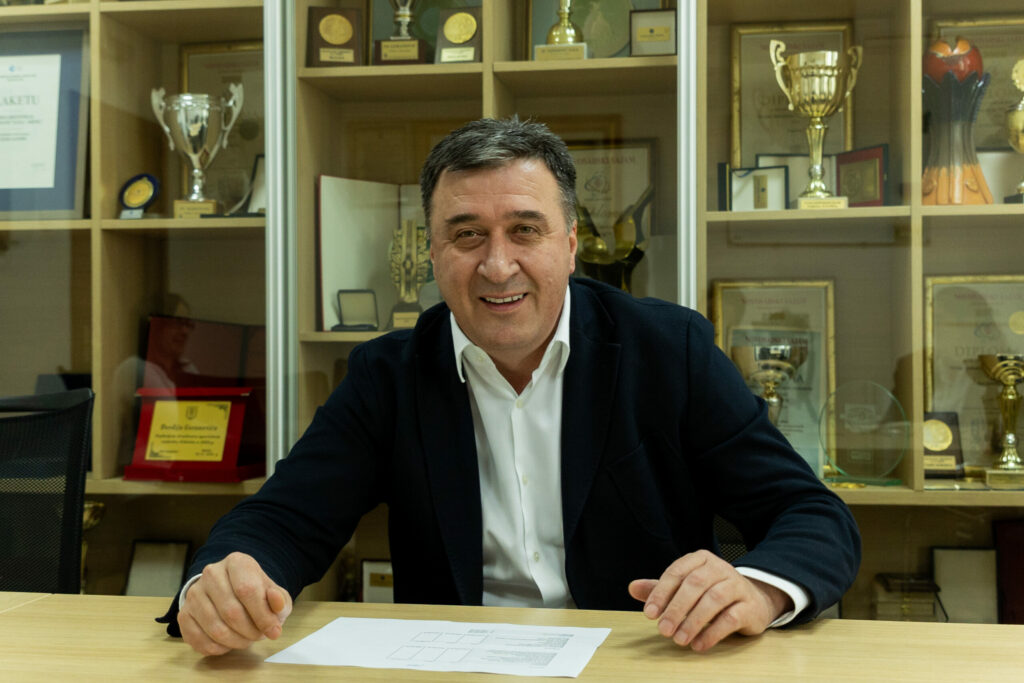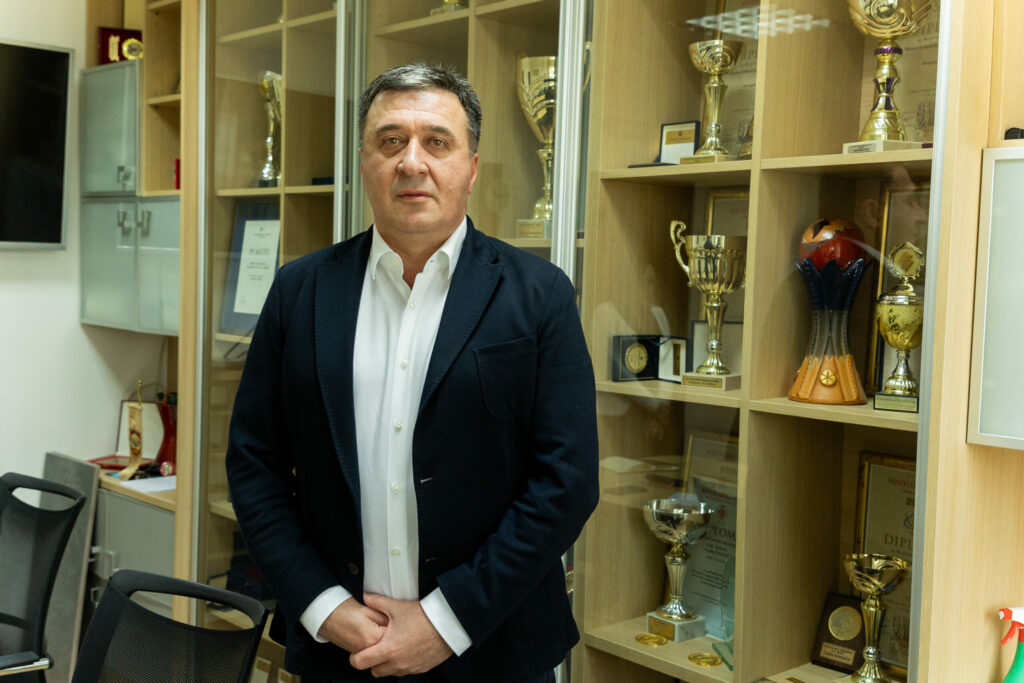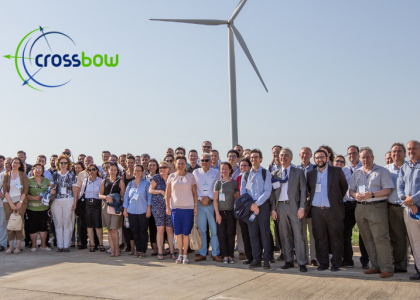In Kliševo, on the outskirts of Nikšić, lies one of the two meat factories of the Goranović family. The factory is bustling with activity in the morning. As the team from Europe House tours the facility, the rooms line up like a conveyor belt. The state-of-the-art machines and the working atmosphere we encountered give the impression of a truly modern company.
The Goranović family has built a magnificent family business and meeting the founder, Đorđije Goranović, takes us back to the time when this story began.
“We started as a simple sole trader,” smiles Goranović, and adds: “we managed to build two factories, one for processing, i.e., manufacturing final meat products, and the other for slaughtering capacity.”
The Goranović family invested in technology and production capacity while simultaneously conquering markets. First locally, then the market in Montenegro, and about ten years ago, they turned to exports.
“Today, we export to several countries in the region: Bosnia and Herzegovina, Serbia, and North Macedonia. And for the past two years, since we obtained the European export number, we have been exporting to EU countries. Primarily, I’m referring to Sweden and Germany,” Đorđije told us.
Initially, the investments were made from their own budget and commercial loans. When conditions were met to apply for the IPARD programme, they sought support from the European Union.
“Our company has applied for this programme twice before, and now we have applied for the third time. The funds we utilised enabled us to introduce new technological lines, increase production capacities, and expand our product range. These funds enable us to have comprehensive competitiveness not only domestically but also in export markets,” emphasised Goranović.
The support from the EU through the IPARD programme has meant a lot to them. As Goranović points out, the return gives more motivation to companies to invest in new technologies.
A friendly atmosphere prevails in the factory. Each employee has their role in the production chain.
This is not just a workplace, but a place where strong connections and a sense of belonging have developed. It is clear that the family is the foundation of their success.
Goranović emphasises that his company takes care of its employees. Through the IPARD programme, they built a workers’ restaurant, sanitary facilities, and a relaxation area. He states that, even though it doesn’t bring them profit, the premises must be suitable for their workers, and they achieved this with the EU’s support.
Their success story hasn’t neglected the wider community either. The meat industry employs around 200 workers, providing jobs to many local residents. The Goranović family is also vigilant about environmental protection. Through the IPARD programme, they built a wastewater treatment plant.
As Đorđije points out, their two factories do not generate any negative effects on the environment. They have built a facility that ensures the quality of wastewater meets the criteria for Category I. Equally respected at home and abroad, the Goranović family is recognisable for their blend of modernity and tradition that are nurtured by this family.






